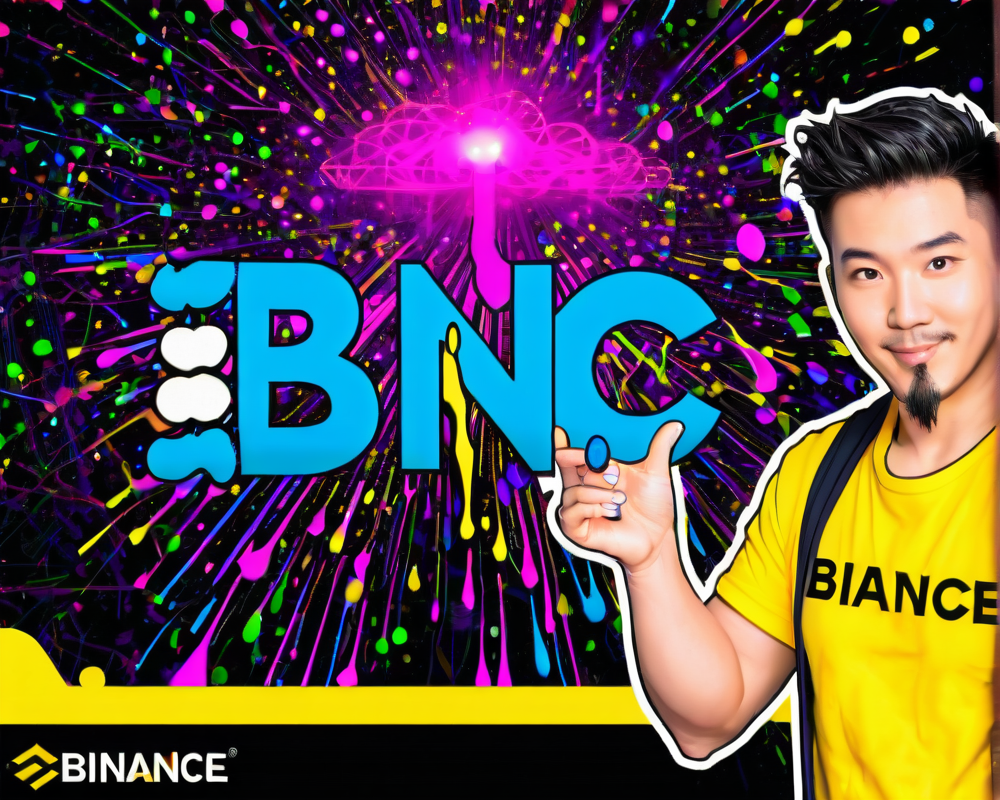The Rising Importance of Blockchain in Education
Colin Miles, the freshly minted CEO of TZ APAC, is betting big—specifically, on blockchain and Web3 making their way into the educational system within the next three to five years. “It’s that classic medium-term, three-to-five timeline,” Miles quipped, indicating that soon, students might actually be able to graduate knowing what blockchain means without needing a PhD in Google Searches.
The Partnership with NUS
In a recent tête-à-tête with Cointelegraph, Miles elaborated on TZ APAC’s partnership with the National University of Singapore (NUS). This partnership aims to evolve the university’s new hub dedicated to computing excellence, featuring a curriculum so dense with blockchain content that even your grandma would nod along. According to Miles, if NUS can pull off daily blockchain courses for their students, it’s bound to set the gold standard for computing schools worldwide.
What’s On the Syllabus?
NUS is not just dipping its toes in the pool of blockchain; it’s offering an in-depth curriculum catering to a variety of learners—everyone from wide-eyed newcomers to CEOs looking to add some tech-savvy to their resumes. And it’s not just NUS. Other prestigious institutions like MIT and Oxford have jumped on the blockchain bandwagon too. You know it’s serious when even Ivy League schools are racing to teach the mysteries of crypto.
Preparing for the Future Job Market
As Miles pointed out, this trend towards integrating blockchain education isn’t just a fleeting fancy. It’s more like a fast-moving freight train. “A large number of exciting new jobs will come from the Web3 environment,” he noted. This means institutions have a moral duty—yes, moral—to prepare their students for a brave new world where crypto might just pay the bills.
The Path Forward
Under this partnership, TZ APAC is tasked with rolling out a comprehensive blockchain developer curriculum featuring classes, workshops, and hackathons. It’s akin to a tech boot camp—except you might actually emerge with knowledge instead of just an Instagram story about how you survived. And, let’s not forget about the administrative support for undergraduates, postgraduates, and PhD candidates. So if you’ve ever wanted to integrate blockchain into your final project without breaking a sweat, it seems you’re in luck.
Singapore: A Leader in Crypto Education
Singapore is clearly no slouch in the race for crypto education superiority, with Miles pointing out that the city-state is garnering attention for its proactive approach. As opposed to dangling blockchain courses like a carrot on a stick, they’re integrating them straight into curricula. Just imagine students absorbing this information without having to argue with their advisors about whether they really need another elective.
Conclusion
With all these developments, it’s safe to say that the future of blockchain education looks promising. As Miles correctly stated, the aim is to reach out to large student populations and illuminate them on the wonders of blockchain technology. If all goes according to plan, we might just live in a world where students leave their institutions not only with caps and gowns but with a solid grasp of blockchain and a resume to boot. Now, wouldn’t that be a graduation worth celebrating?



